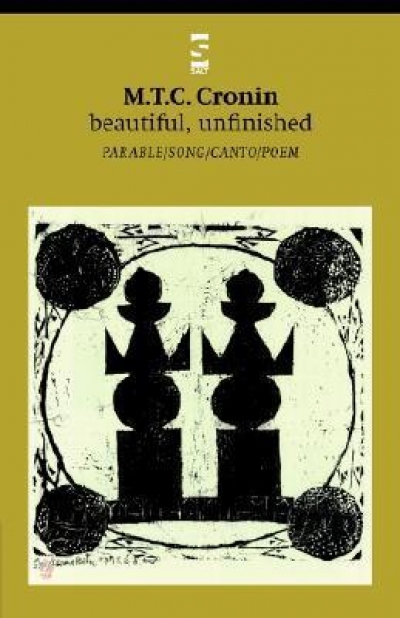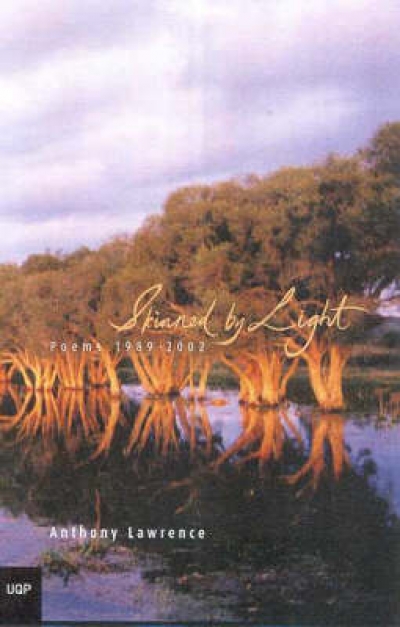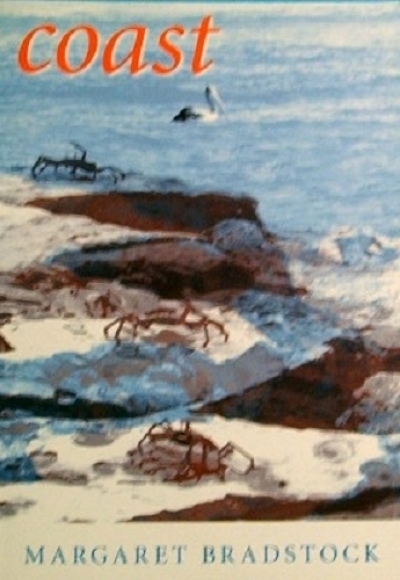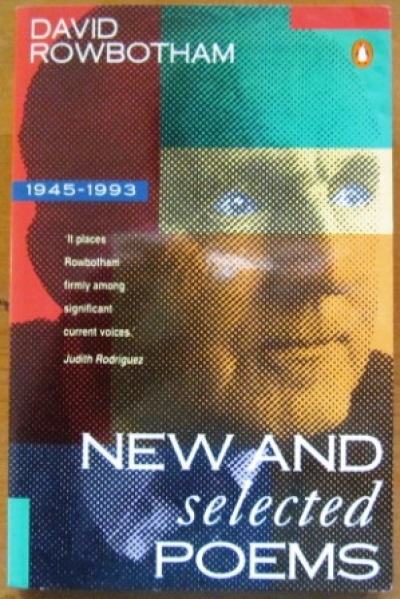Poems
A stable of silver
was our sacred skite.
It’s the poor in us
my father said; we are ill
with going without
even when we gain
a stable of silver.
‘Bring the guests this way, son.’
That’s Oreka from his Hotham
rout. That’s Ima Martian from
leading all the way.
Sliding the glass, the mirror skins
of trophies warped us round.
Decanters and their goblets of young
buckled the face of a bender-down.
Trays and teapots like models
for a meal, never used,
hardly touched except by my mother
when champagne washed the plum
from her mouth and improved her swearing.
China was not a country,
it was a cup and saucer place
in there at arm’s length from the world,
her arm’s length, turning over a dish
to show her Wedgwood or Doulton tattoos.
How does this book fit in with your development as a poet?
I think its’s fundamentally different. The House of Vitriol (a late first book, I was thirty-five when it appeared) was largely the work of about seven or eight years, but the earliest poem in it was written when I was sixteen, so it’s a big sprawling thing covering a lot of subjects and quite a lot of techniques – some of them really inchoate. And it was an unusually long book. This new book, which was written over about three years, has a kind of unity. But I don’t approach any book of poems globally. I’m a lazy reader of poetry. I never sit down with a book and read it right through. It may take me six months to a year to get to know a book even when I’m fond of the poet. Unlike some poets who will shape a book, and have that unity in mind, I don’t. I’m not deliberately setting out to achieve a harmony between poems.
... (read more)No Collars No Cuffs, plenty of fisticuffs, and you’ll probably get K.O.’d by all this, after a round or two of three or four poems each. You may need someone in your corner to bolster you, for as Geoff Goodfellow writes in ‘Skin Deep’, a women’s prison poem:
... (read more)



